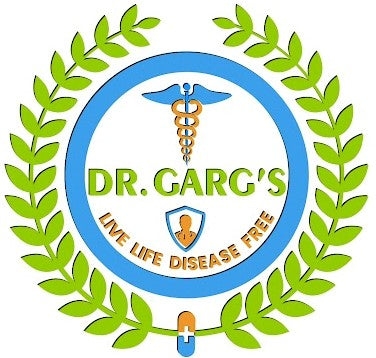Women Health
Understanding Polycystic Ovary Syndrome (PCOS): Causes, Symptoms, and Diagnosis, Homeopathic Treatment
Introduction:
Polycystic Ovary Syndrome (PCOS), also known as Polycystic Ovary Disease (PCOD), is a hormonal disorder that affects millions of women worldwide. It is a complex condition that can have various physical, emotional, and reproductive implications. In this article, we will provide an overview of PCOS, delve into its causes, discuss common symptoms, and explore the diagnostic methods used to identify this condition.
Overview of Polycystic Ovary Syndrome (PCOS) or Polycystic Ovary Disease (PCOD):
PCOS is a condition that affects the ovaries, the reproductive organs responsible for producing eggs and releasing hormones. It is characterized by hormonal imbalances, specifically an excess of androgens (male hormones) in the female body. These imbalances disrupt the normal functioning of the ovaries, leading to the formation of small cysts on the ovaries.
Causes of PCOS:
The exact cause of PCOS is unknown, but several factors are believed to contribute to its development. These include:
-
Hormonal Imbalances: PCOS is often associated with an imbalance in hormone levels, particularly elevated androgen levels. This imbalance can interfere with normal ovulation and disrupt the menstrual cycle.
-
Insulin Resistance: Insulin is a hormone that helps regulate blood sugar levels. Insulin resistance occurs when the body's cells do not respond properly to insulin, leading to increased insulin production. Insulin resistance is commonly seen in women with PCOS and can contribute to the excessive production of androgens.
-
Genetic Predisposition: There is evidence to suggest that PCOS may have a genetic component. Women with a family history of PCOS are more likely to develop the condition themselves.
Symptoms of PCOS:
PCOS presents with a wide range of symptoms, which may vary from person to person. Common symptoms include:
-
Irregular Menstrual Cycle: Women with PCOS may experience infrequent or prolonged menstrual periods, or they may even skip periods altogether.
-
Excess Androgen Levels: Elevated androgen levels can cause symptoms such as acne, oily skin, and unwanted hair growth (hirsutism), particularly on the face, chest, and abdomen.
-
Polycystic Ovaries: The presence of multiple small cysts on the ovaries is a characteristic feature of PCOS. However, not all women with PCOS will have visible cysts.
-
Weight Gain: Many women with PCOS struggle with weight management. Excess weight can exacerbate PCOS symptoms and contribute to insulin resistance.
-
Fertility Issues: PCOS is a leading cause of infertility in women. The hormonal imbalances and irregular ovulation associated with PCOS can make it difficult to conceive.
Diagnosis of PCOS:
Diagnosing PCOS involves a combination of medical history assessments, physical examinations, and laboratory tests. The following diagnostic methods are commonly used:
-
Medical History Assessment: A healthcare provider will discuss your symptoms, menstrual history, and family history to gain a better understanding of your condition.
-
Physical Examination: A physical examination may involve checking for signs of excess hair growth, acne, or enlarged ovaries.
-
Hormone and Blood Tests: Blood tests are performed to measure hormone levels, including androgens, estrogen, and insulin. These tests can help identify hormonal imbalances and rule out other conditions with similar symptoms.
-
Pelvic Ultrasound: An ultrasound examination may be conducted to examine the ovaries for the presence of cysts and assess their size and appearance.
Conclusion:
Polycystic Ovary Syndrome (PCOS) or Polycystic Ovary Disease (PCOD) is a common hormonal disorder affecting women. It is crucial to understand its causes, symptoms, and diagnostic methods to promote early detection and effective management. If you suspect you may have PCOS, it is recommended to consult Dr. Garg’s Clinic for an accurate diagnosis and appropriate treatment plan tailored to your needs. Remember, with proper care and lifestyle modifications, women with PCOS can lead healthy and fulfilling lives.

